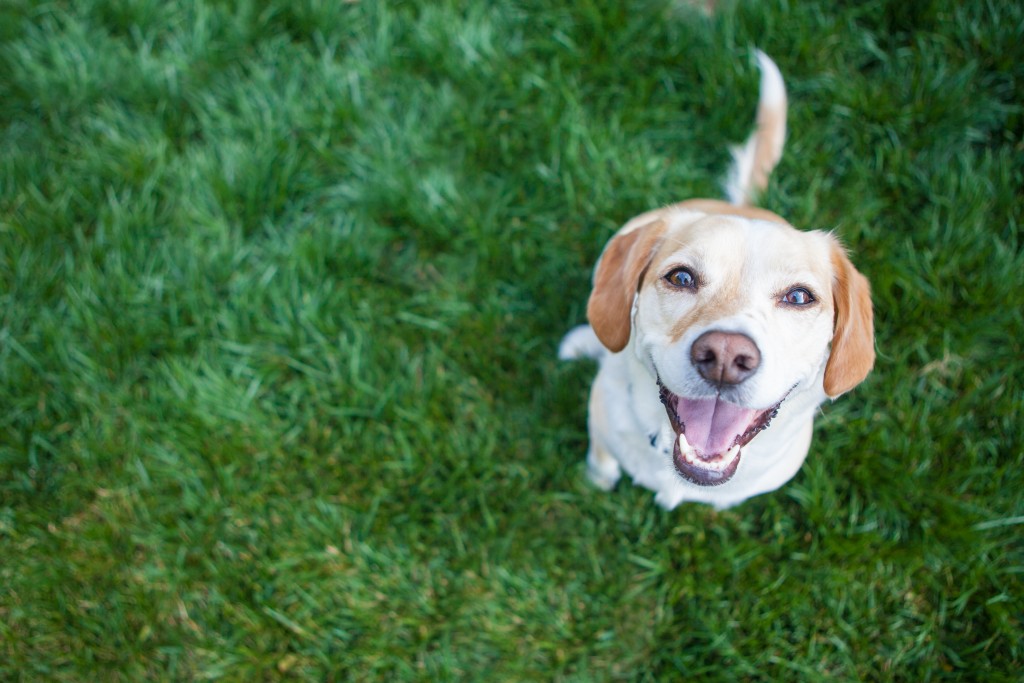You have spent so much of your time and money making your lawn as green as it can be. However, somehow, several brown spots have started to appear. You only have one culprit in mind: your dog.
Why is Dog Pee Damaging to Grass and Plants
Your dog’s urine contains a high concentration of nitrogen. Although nitrogen is essential to maintain healthy soil, too much of it can burn patches of grass. That is exactly what is happening whenever your dog pees on your lawn. The area where the pee lands brown, but the surrounding grass will usually become lusher. The nutrients of dog pee, if not concentrated in one area, will be good for the grass.
There are also salts and other compounds that are damaging to the grass that gets hit directly.
No amount of high nutrient fertilization will save your grass and other vegetation unless you can stop your dog from ruining your lawn. Here are a few suggestions that may fix the problem.
Potty Training 101

The best thing that you can do for your lawn and your dog is to train it to pee somewhere else. All pets must be potty trained anyway. The same technique you used to stop your dog from peeing on your carpet can be used to discourage your pet to not pee on the grass.
It can be more difficult to potty train a dog that has been used to running around and peeing on the lawn. It will take a lot of patience and your dog will likely make a mistake along the way. However, it can be done. Train your dog to pee only in a particular spot in your backyard. Dedicate a space for your pet to do its business, without any grass or plants to destroy.
Use a Hose on the Spot Where a Dog Peed
When accidents happen during potty training, follow where your dog did its business and immediately spray the area with a hose. Water will hopefully dilute the pee, making it less harmful to the grass.
Plant Grass That Can Survive Dog Pee
Not all types of grass are vulnerable to dog pee. Some are more tolerant of dog pee. Others have a rapid growth rate and recovery after being used as a toilet.
The type of grass that dog owners should consider using on their lawn are fescue, Kentucky bluegrass, and perennial ryegrass. However, remember that no grass is 100% resistant to the high concentration of nutrients in dog pee. You should still try to pour water on the spot where your dog urinated to dilute the liquid and prevent the grass from dying.
Ask Your Vet for a Supplement
There is a supplement that can balance the pH level in dog urine. This will limit the urine from damaging the grass and the soil underneath.
Consult a veterinarian about feeding your dog enzyme supplements. However, you need to be careful when you make the decision to pursue this method. The supplement may help make your lawn greener, but it can be harmful to dogs. It should not be used on dogs that have pre-existing liver and kidney diseases.
Check with a trusted veterinarian to see if it is right for your dog.
You should not have to choose between having a dog or having a green lawn. You can have both as long as you have the patience to maintain the grass and keep your dog peeing somewhere else.




